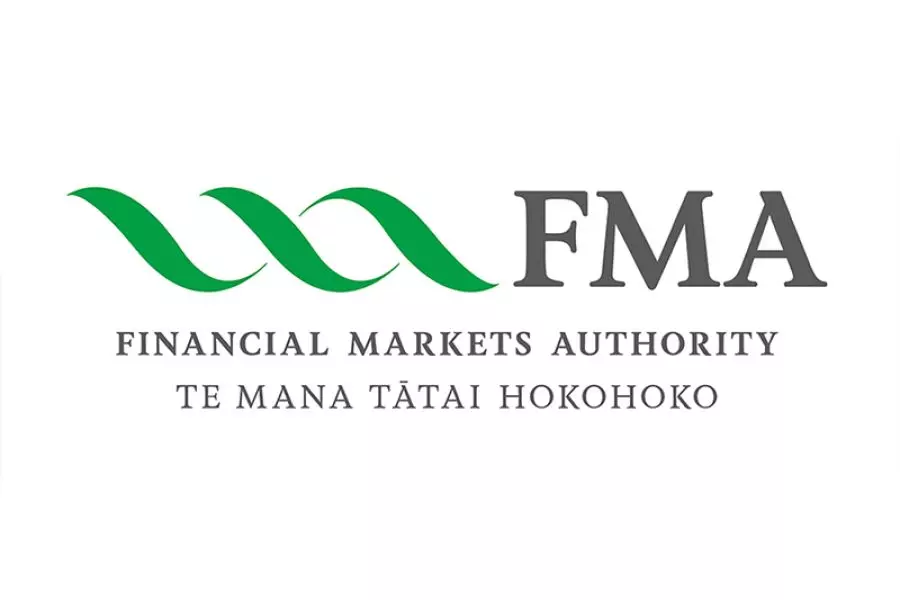News
Regional value stars in slow market

Wednesday 1st of May 2019
That’s because some of New Zealand’s more affordable regions continue to see strong value growth, according to the latest QV House Price Index.
Over the last quarter, Gisborne, Horowhenua and Rotorua led the way with value growth of .7%, 8.0% and 7.6% respectively.
They also all saw solid year-on-year growth with Gisborne up by 13.9%, Horowhenua up by 18.3% and Rotor...
Want to read the full article?
Click the button below to subscribe and will have unlimited access to full article and all other articles on the site.









![[The Wrap] Bye Bye Bayly](https://goodreturns.publit.io/file/c_fill,w_900,h_600/39f23ac1-f7c7-4854-b700-a150004ebbac.webp)